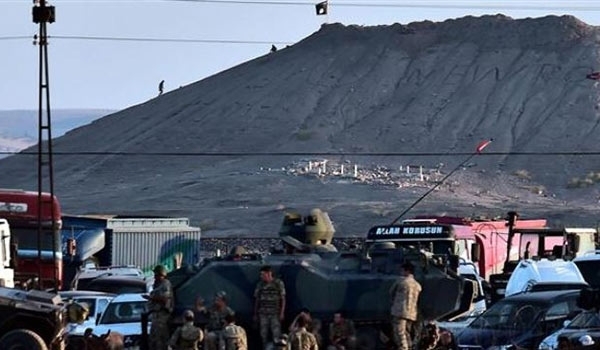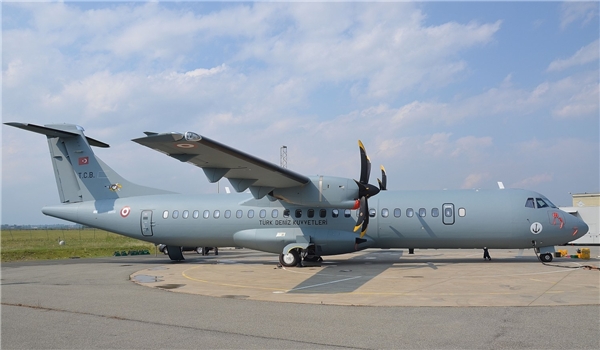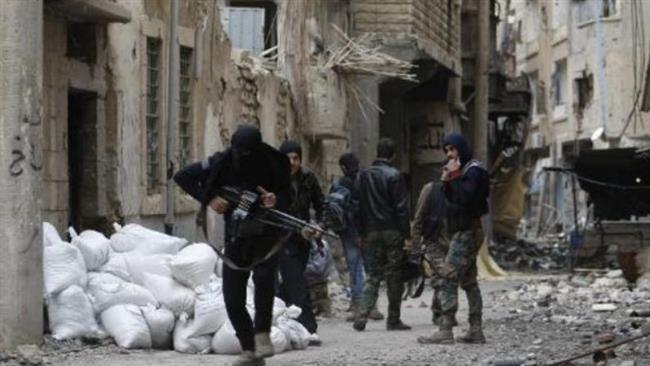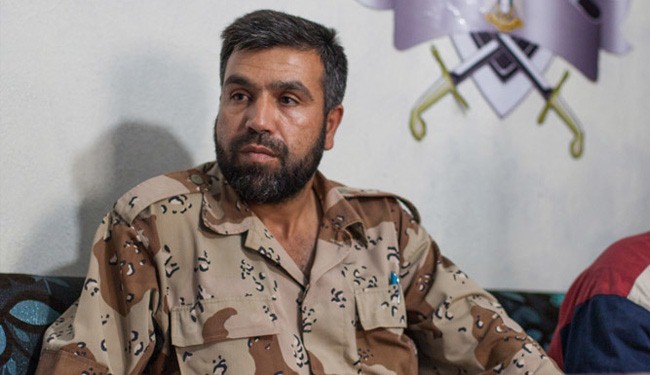How is ISIL financed?
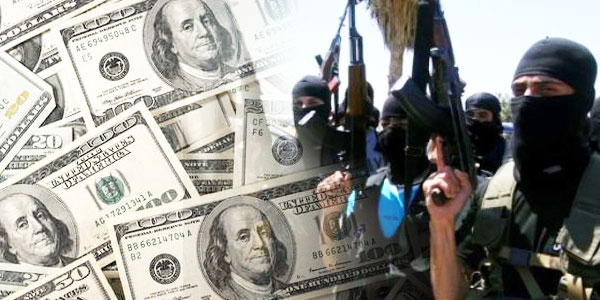
Ever since the formation of the international coalition to fight ISIL, talks about cutting off financial and military support for the terrorist Takfiri group started to surge. Some even considered that the states taking part in the coalition were the ones that should start ceasing support for ISIL as well as for other armed groups in Syria and Iraq.
Many factors contributed to the growth and energizing of the organization, that is now controlling wide areas in Syria and Iraq.
How did this hard-line organization glean both the support and the money? Who are the states backing it? And who is still contributing in supporting and activating the group?
I – The financial resources
“The funding of ISIL is circulating among banks,” a senior Arab diplomatic source told al-Ahed. “All the funds the organization has received, whether from Arab or western countries, came via various European and Turkish banks,” he clarified.
The source explained how the money was transferred to ISIL by some of the Gulf states, saying: “Funds were raised from donors and owners of large and enterprises and corporates. Other funds were provided by the governments of some Arab states in banks in Saudi Arabia, transferred to the account of a Saudi man having many accounts in European banks. Fake companies were then established in European countries with accounts in banks, mainly in London.”
The source continued: “The Saudi financier then transferred the money from banks in Riaydh to a bank in London, under the pretense of a business partnership with a British man. When the funds were raised in Britain, another fake company was established in Turkey and entered partnership with the British man.”
The source went on to say: “Weeks later, money was transferred from the account of the British partner to the accounts of the Turkish companies which in turn handed the funds to a Turkish financier who distributed them on a number of Turkish banks. The Turkish business, and with the government cover, distributed the money on merchants to transfer them to ISIS leaderships along borders.”
“This is how the Saudi money was transferred to ISIL. In fact, banking operations become more complicated and harder to be uncovered when money is transferred from one hand to another,” the source stressed.
On the organization’s financial resources, the source revealed that the West had sent money to ISIL through the same banking operation mentioned above, yet via different “mazes.” He clarified that the money circulated in banks in Europe or America before reaching Iraq’s Erbil in order to be redistributed on ISIS leaderships.
On the sidelines: A number of Saudi Sheikhs, well-known for their extremism and support for Takfiri groups including ISIL, asked the Saudi administration and the monarch specifically to earmark a part of the pilgrimage season’s revenues in KSA to back ISIL and the families of the group’s dead men.
II – The black weapon
On the other hand, the source confirmed that ISIS took hold of more than 11 oil fields in Syria and Iraq. The group actually has ventured into extracting oil and transferring it by trucks to the black markets in Jordan, Turkey, and Iraq, the source added, relying on reports unveiled by US media means quoting the administration in Washington as saying that ISIS was now making more than USD 3 million per day which makes the group the wealthiest terrorist organization in history.
It is worth-mentioning, according to the source, that the terrorist organization makes a lot of money through lootings and abductions.
III – Who is still backing ISIL?
The source does not wonder at the behavior of the states that had supported ISIL but that started to voice concerns about the organization’s danger. He said that the issue was like having a small monster, who would devour those who raised him, saying that the states that today claim fighting ISIL are still funding it underhandedly lest the organization would announce war on them.
Accordingly, the source added, these states did not stop facilitating the passage of terrorists, even if they ceased funding them. “Turkey is today considered the most merciful state towards ISIL. In fact, Turkey is not on good terms with the organization because it fears it would invade it or announce war on it, but because Turkey is the biggest benefiter of the group’s presence in its neighborhood,” the source said.
Speaking of how Turkey takes advantage of ISIL presence, the source explained that the price of the oil barrel the organization was selling vacillated between USD 25 and 60 and that Turkey bought it for 15 dollars, while on the international market, an oil barrel is estimated at USD 100.
On the other hand, the course saw that the logistic support Turkey was offering to ISIL had considerable impact on the organization’s power. “Turkish President Recep Tayyep Erdogan has opened the door to ISIS to enter Turkey and buy its needs,” the source added.
The source also revealed that the Turkish government had contributed to the transfer and buying of more than 200 vehicles and given them to ISIL to facilitate their movement along borders with Damascus. He added that the Turkish government had equipped for ISIL factories and plants to repair the vehicles and others to repair the military tools and equipments especially those the organization had looted during its battles with the other armed factions in Syria or with the Iraqi army during the attack on Mosul.
“ISIL cannot be eliminated as long as there are countries that still insist on backing and facilitating the organization’s movements. ISIL is more of a fire that cannot be extinguished with both water and fuel and that cannot be left to growing bigger amid the current storms hitting the region,” the source concluded.
Source: Al-Ahed news
